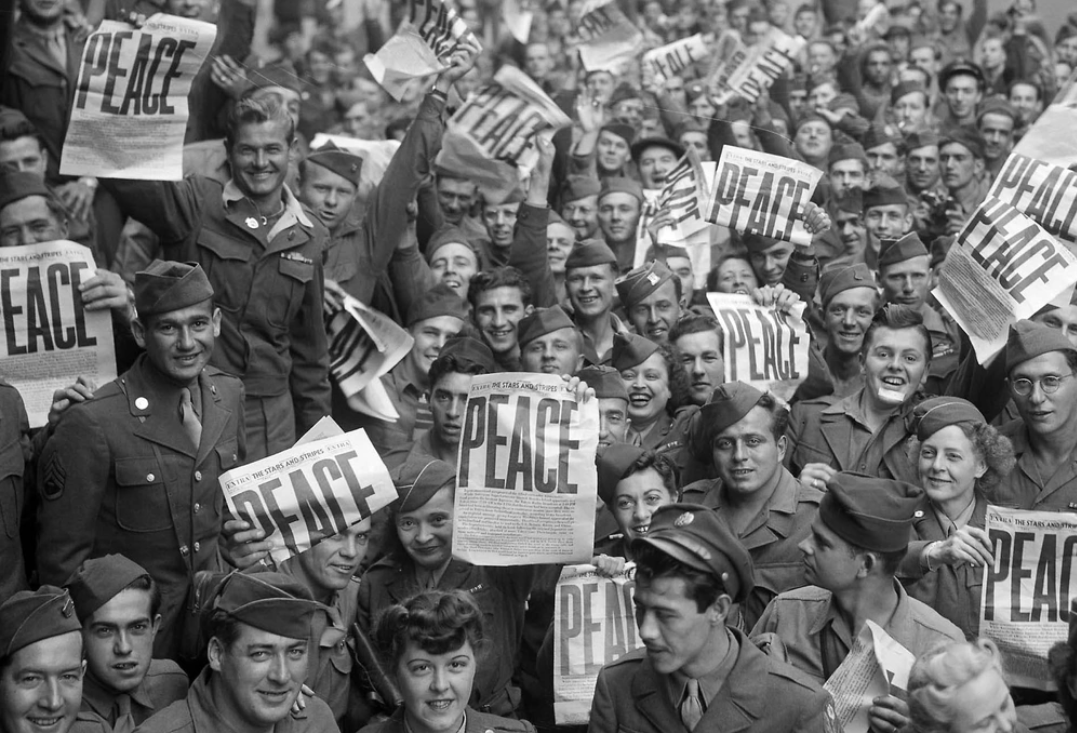V-E Day: The End of WWII in Europe, 80 Years Later
This week marks the 80th anniversary of Victory in Europe (V-E) Day, when Nazi Germany formally surrendered to Allied forces on May 8, 1945, bringing an end to World War II in Europe. While it signaled the collapse of Hitler’s regime and a hard-won victory across the European continent, it did not mark the end of the war globally—fighting in the Pacific would continue for several more months.
Still, V-E Day was a moment of profound relief, reflection and celebration, and it laid the foundation for the post-war world order.
 To better understand the meaning and legacy of V-E Day, Professor Alan Allport, the Dr. Walter Montgomery and Marian Gruber Professor of History in the Maxwell School of Citizenship and Public Affairs, offers his insight on what the day represented then, why it still matters today and how its impact continues to shape modern global affairs.
To better understand the meaning and legacy of V-E Day, Professor Alan Allport, the Dr. Walter Montgomery and Marian Gruber Professor of History in the Maxwell School of Citizenship and Public Affairs, offers his insight on what the day represented then, why it still matters today and how its impact continues to shape modern global affairs.
For any media who wish to schedule an interview with Allport, please reach out to Vanessa Marquette, media relations specialist, at vrmarque@syr.edu.



